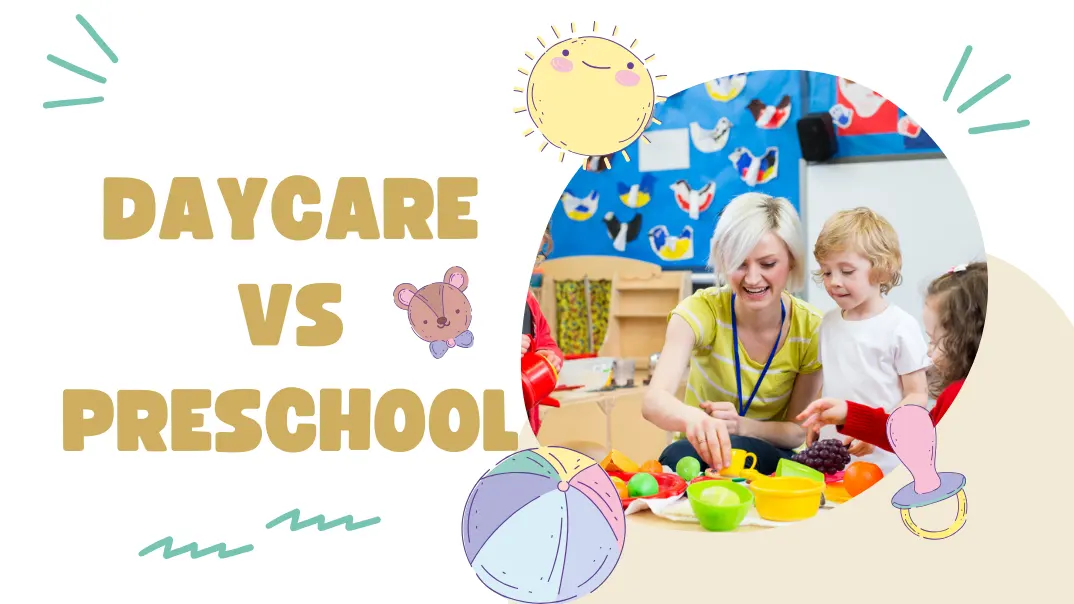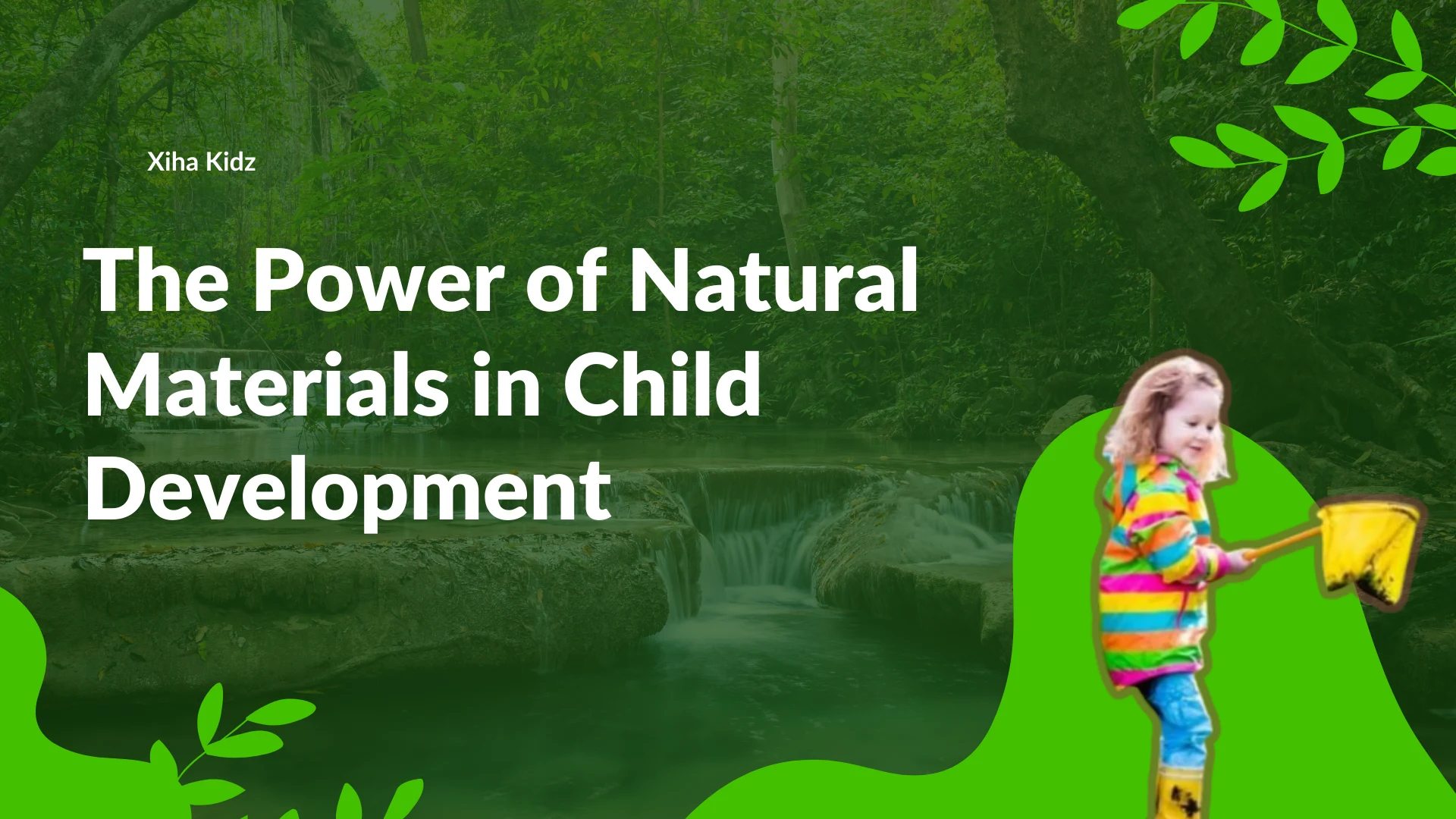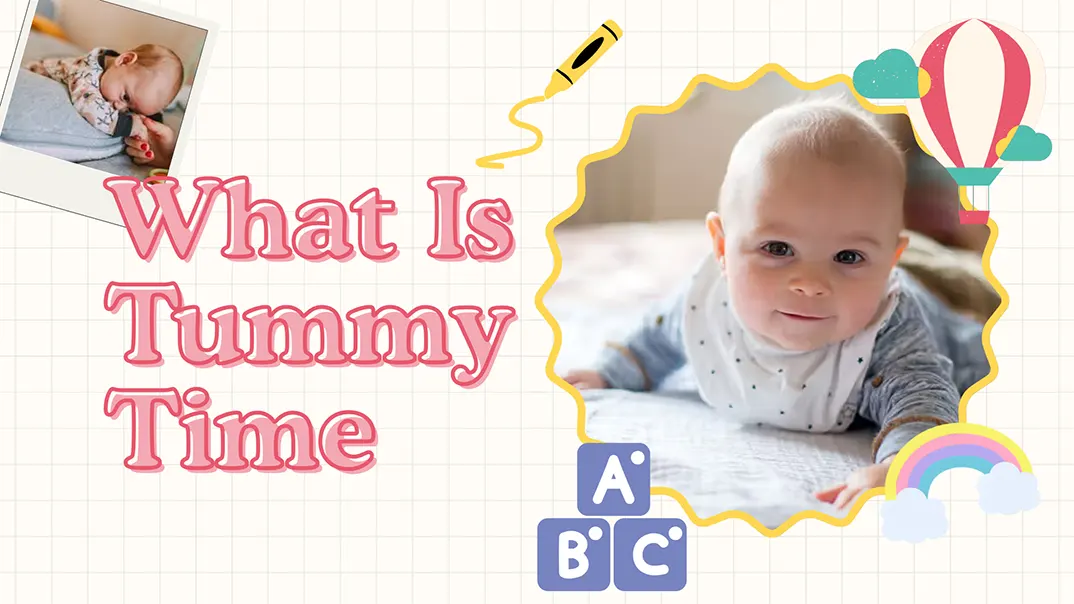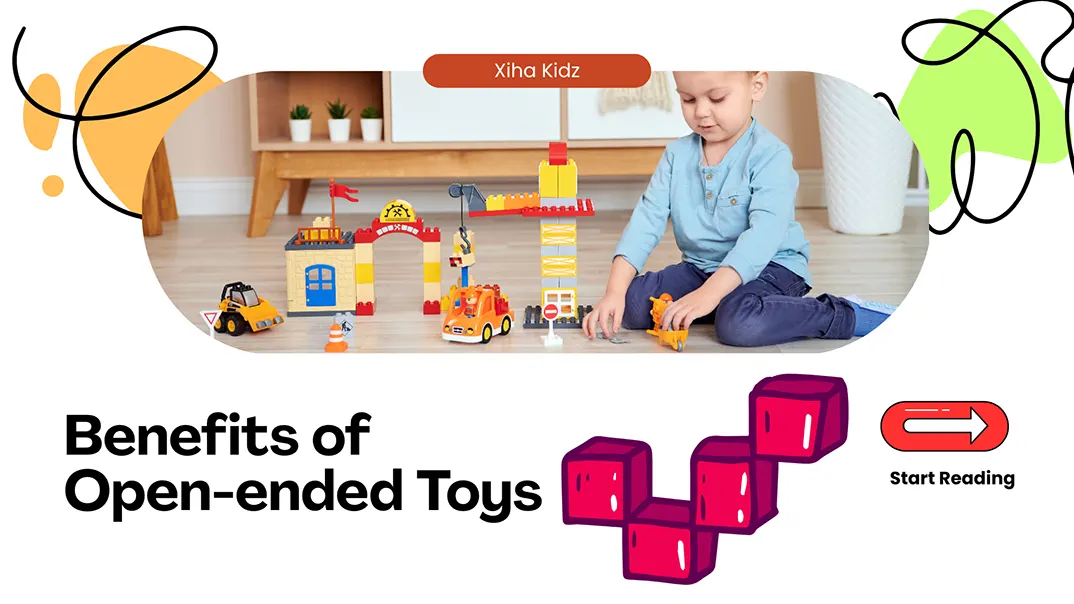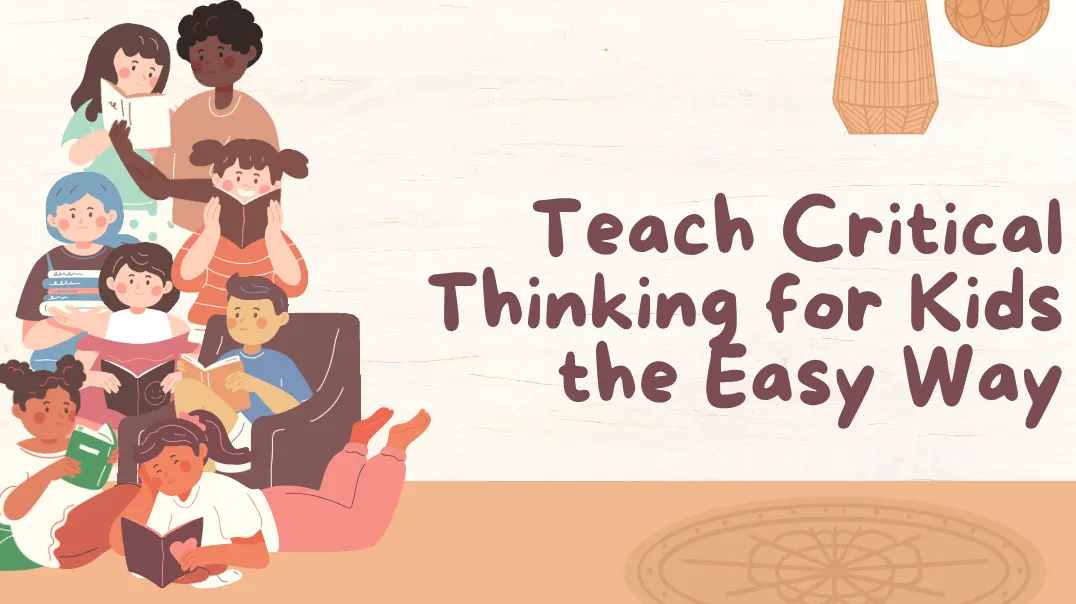Choosing between daycare vs preschool is a significant decision for parents, as it can greatly impact a child’s early development.
Daycare typically provides care for younger children, focusing on supervision and socialization, while preschool emphasizes structured educational programs for older toddlers, preparing them for kindergarten.
As we explore these two important options, you’ll gain insights into their unique offerings and how to select the best fit for your family. Understanding the nuances of daycare vs preschool will empower you to make an informed decision.
What is Preschool?
Preschool is an early childhood education setting for children aged three to five. It focuses on preparing children to transition into formal schooling, particularly kindergarten. In preschool, children are introduced to basic academic concepts, social skills, and routines in a structured environment. These programs emphasize developmental milestones through play-based learning, interactive activities, and guided instruction. The curriculum may cover essential subjects such as language, math, science, and art, aimed at fostering a love of learning and curiosity.
Preschools often offer a variety of activities that cater to different learning styles, allowing children to explore their interests and develop their unique abilities. The learning environment is typically stimulating and engaging, encouraging children to ask questions, experiment, and express their creativity. Furthermore, preschool programs often include parental involvement opportunities, creating a bridge between home and school.
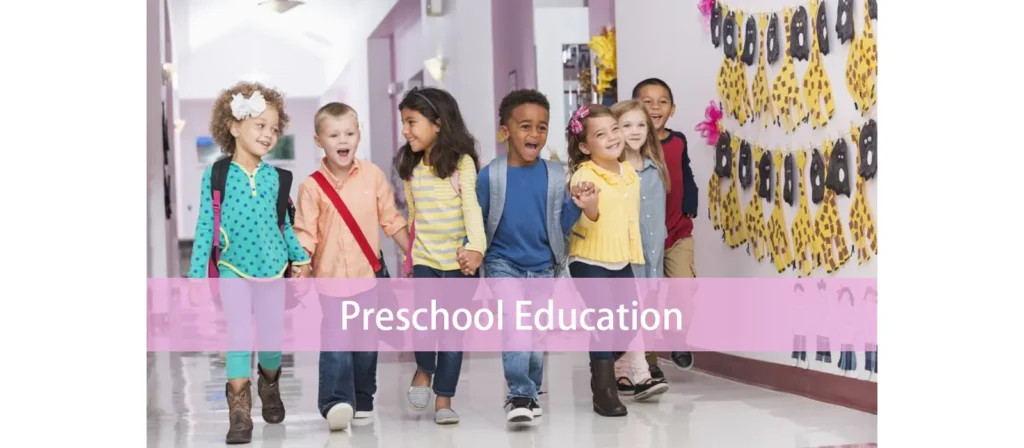
What Does Preschool Offer?
Preschool programs provide a comprehensive curriculum that addresses multiple areas of development. Children participate in organized activities that promote cognitive growth, language development, and social skills.
- Structured Learning: Preschool curricula often include lessons in mathematics, science, art, and literacy. Teachers use engaging storytelling, hands-on activities, and play-based learning to teach essential concepts.
- Social Interaction: Preschools provide opportunities for children to interact with peers, helping them develop essential social skills such as sharing, cooperation, and conflict resolution.
- Emotional Development: Through group activities and guided play, children learn to express their feelings, understand others’ emotions, and develop empathy, which is crucial for their overall emotional health.
- Physical Development: Many preschools incorporate physical activities, helping children improve their motor skills through play, dance, and outdoor activities.
Transform Your Classroom with Custom Furniture Solutions
What is Daycare?
Daycare, or child care, is a service that provides supervision and care for children, usually from infancy to age five, although some centers also accommodate older children. Daycare centers aim to ensure a safe and nurturing environment where children can play, socialize, and develop basic skills through unstructured play and activities.
While daycare includes some learning elements, the emphasis is generally less on formal education and more on providing a secure space for children to explore and interact. The caregivers in daycare settings often focus on meeting children’s basic needs, such as nutrition, hygiene, and emotional support, creating a home-like atmosphere where children can feel comfortable and cared for.
Daycare services can be flexible in scheduling, often accommodating parents’ work hours with various options for full-time or part-time care. This flexibility can be a significant advantage for working families, allowing parents to balance their professional responsibilities with their children’s needs.
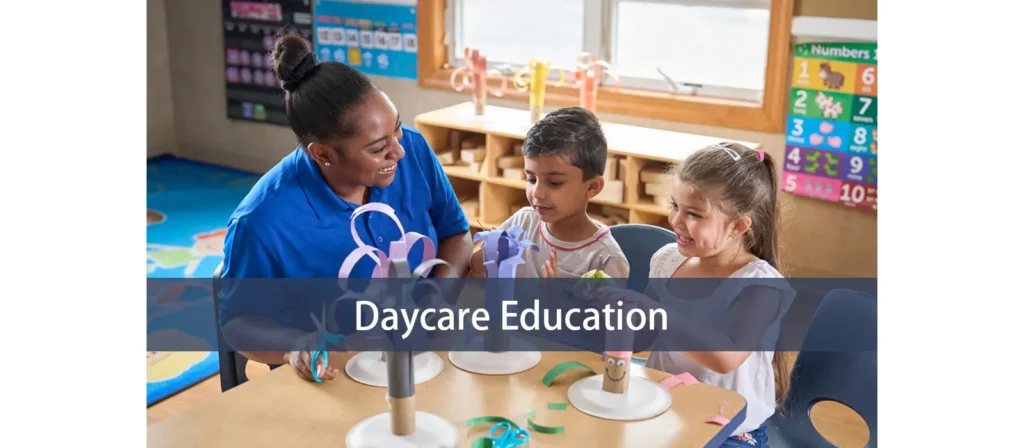
What Does Daycare Offer?
Daycare centers provide essential services catering to young children’s and their families’ needs. Here are some key offerings:
- Flexible Hours: Daycare centers usually operate for longer hours, accommodating parents with varying work schedules. This flexibility can be a crucial factor for families.
- Basic Child Care: Daycare focuses on providing a safe environment where children are cared for, allowing parents to work without worry.
- Socialization Opportunities: Just like preschool, daycare offers children a chance to socialize with their peers, which is vital for developing social skills.
- Daily Routines: Many daycare programs establish routines that help children feel secure and understand what to expect throughout the day.
Daycare vs Preschool: What Are the Similarities?
Both daycare and preschool serve the fundamental purpose of providing care for young children, allowing parents to work or engage in other responsibilities. They create a nurturing environment through classroom furniture that allows children to thrive socially and emotionally. In both environments, children learn important life skills, such as communication and cooperation, through play and peer interaction.
Another similarity is the presence of trained caregivers who support children’s development. In daycare and preschool, staff members are typically trained in early childhood education principles, ensuring they can provide appropriate care and guidance to young children. Both environments value parental involvement and often encourage communication between parents and caregivers to ensure a holistic approach to each child’s growth.
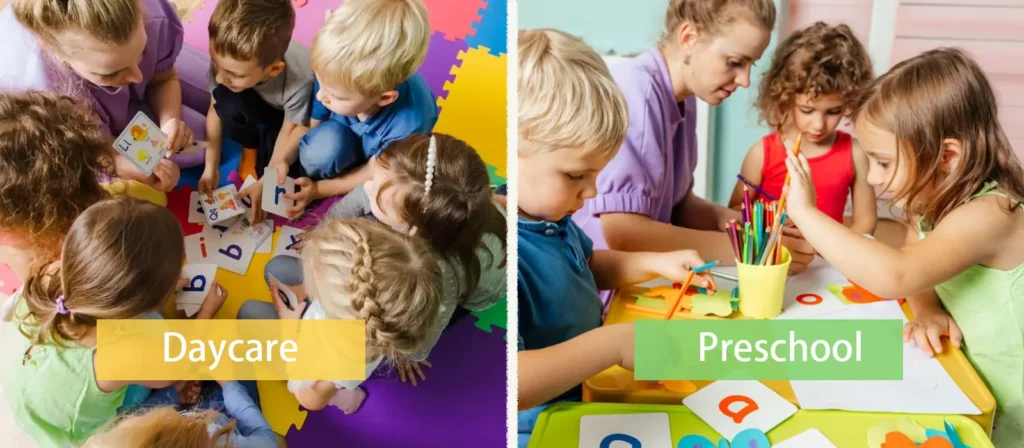
Daycare vs Preschool: What Are the Differences?
1. Educational Focus
The most significant difference lies in the educational focus. Preschools aim to prepare children for future academic endeavors, incorporating structured lessons and skill-building activities. In contrast, daycare centers prioritize care and supervision, often integrating informal learning through play.
2. Services
Daycare centers typically provide more extensive child care services, including meals, nap time, and extended hours. Preschools may offer limited hours, focusing primarily on educational programs.
3. Age Requirements
Preschool programs generally accept children from ages three to five, while daycare facilities cater to a broader age range, often starting from infancy.
4. Hours of Operation
Daycare centers usually have more flexible hours, accommodating parents who work full-time. Preschools may have shorter hours, often aligning with traditional school schedules.
Transform Your Classroom with Custom Furniture Solutions
5. Toilet Training Expectations
Many daycare centers are equipped to assist with toilet training, while preschools may require children to be fully potty trained before enrollment.
6. Staff Qualifications
Preschool teachers vs daycare teachers often have specific qualifications or degrees in early childhood education, ensuring they are equipped to deliver structured learning. In contrast, daycare staff may not require the same level of formal education, focusing instead on child care experience.
7. Caregiver-to-Child Ratio
Daycare centers may have higher caregiver-to-child ratios, which can affect the level of individual attention each child receives. Preschools typically maintain lower ratios, allowing for more personalized instruction and support.
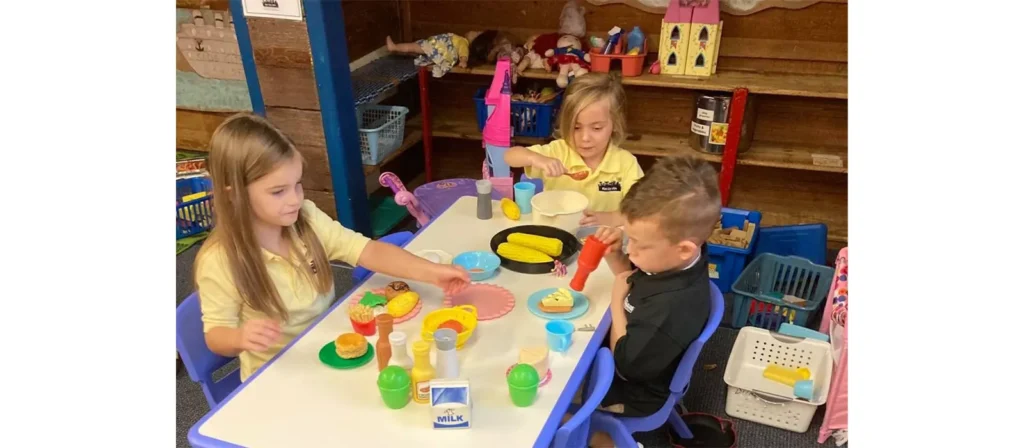
Advantages of Preschool Programs
Preschool programs offer numerous benefits that can positively impact a child’s development. Here are some of the key advantages:
- Early Learning Foundations: Preschools introduce children to essential academic concepts, setting the stage for successful future learning experiences.
- Social Skill Development: Children learn to navigate social situations through structured interactions, developing critical communication and interpersonal skills.
- Confidence Building: Engaging in activities that challenge children encourages independence and boosts their self-esteem as they achieve new milestones.
- Structured Environment: A structured daily routine helps children feel secure and understand expectations, fostering a sense of stability.
- Preparation for Kindergarten: Preschools specifically aim to prepare children to transition to kindergarten, ensuring they are ready for more formal education.
Advantages of Daycare Programs
Daycare also provides distinct advantages for families. Here are some of the benefits:
- Flexible Care Options: Daycare offers flexible hours catering to working parents, allowing for peace of mind at work.
- Safety and Supervision: Daycare centers ensure children are supervised safely, giving parents confidence in their child’s care.
- Socialization: Children in daycare have opportunities to socialize with peers, helping them develop friendships and learn social norms.
- Daily Routines: Established routines in daycare help children feel secure and comfortable, fostering a sense of predictability in their day.
- Care for Younger Children: Daycare centers accommodate infants and toddlers, providing essential early care and supervision for younger age groups.
Tips for Choosing Between Daycare and Preschool
Choosing between daycare and preschool can be challenging. Here are some tips to help you make the best decision for your family:
- Assess Your Child’s Needs: Consider your child’s personality, developmental stage, and social skills. If they thrive in structured environments, preschool may be a better fit.
- Evaluate Your Schedule: Look at your family’s daily routine and determine which option aligns better with your needs. Flexibility may be crucial if you have a demanding work schedule.
- Visit Facilities: Take the time to visit potential daycare and preschool facilities. Observe the environment, cleanliness, and interactions between caregivers and children.
- Check Credentials: Research the qualifications of the staff at both daycare and preschool. Higher levels of training and certification can impact the quality of care and education.
- Talk to Other Parents: Reach out to other parents for recommendations and experiences with local daycare and preschool programs. Their insights can provide valuable guidance.
- Consider Your Budget: Factor in the cost of each option and explore any available financial assistance or subsidies. Many parents compare preschool vs daycare costs to determine what fits best within their budget.
- Trust Your Instincts: Ultimately, trust your gut about the environment that feels right for your child.
FAQs
- What is the main difference between daycare and preschool?
The main difference lies in their focus: daycare prioritizes care and supervision, while preschool emphasizes structured learning and preparation for kindergarten. - Are daycare and preschool the same?
No, while both provide care for children, their objectives differ significantly, with daycare focusing more on basic care and preschool emphasizing early education. - Which is better for a child, daycare or preschool?
The better option depends on the child’s age, needs, and family circumstances. Preschool is often beneficial for older toddlers, while daycare is ideal for infants and younger children. - What should I consider when choosing between daycare and preschool?
Consider your child’s developmental needs, family schedule, and budget. Visiting facilities and checking staff qualifications can also help inform your decision. - Do children learn in daycare?
Yes, while daycare focuses on care, many programs incorporate play-based learning activities that promote socialization and basic skills. - How does the cost of daycare compare to preschool?
Preschool vs daycare costs can vary widely depending on the program, location, and hours of operation. Researching both options is essential to find a fit for your budget.
Conclusion
Choosing between daycare vs preschool is a significant decision that can shape your child’s early development. Understanding each option’s differences, similarities, and unique offerings, you can make a well-informed choice that best supports your child’s growth and education.
Discover Our Full Range of Products
Get access to our comprehensive catalog featuring top-quality furniture and play equipment for kindergartens and schools.
This guide has addressed various aspects, such as daycare vs. preschool difference, daycare vs. preschool programs, and even in-home daycare vs. preschool. Feel free to reach out if you have further questions or need assistance in your decision-making process!

